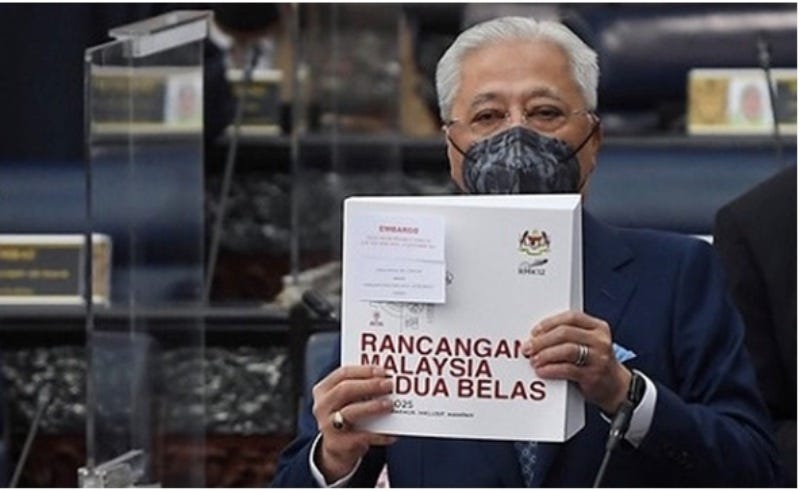Malaysia's Crony Enrichment Plan
Putrajaya’s five-year spending plan
By: Dennis Ignatius
Since Malaysia’s New Economic Policy was launched in 1971, there have been a dozen five-year Malaysia Plans, some 50 national budgets and nine prime ministers. Furthermore, 94 different Bumiputera empowerment agencies have been created and an estimated RM1 trillion (US$241 billion at current exchange rates) poured into the Bumiputera …
Keep reading with a 7-day free trial
Subscribe to Asia Sentinel to keep reading this post and get 7 days of free access to the full post archives.

